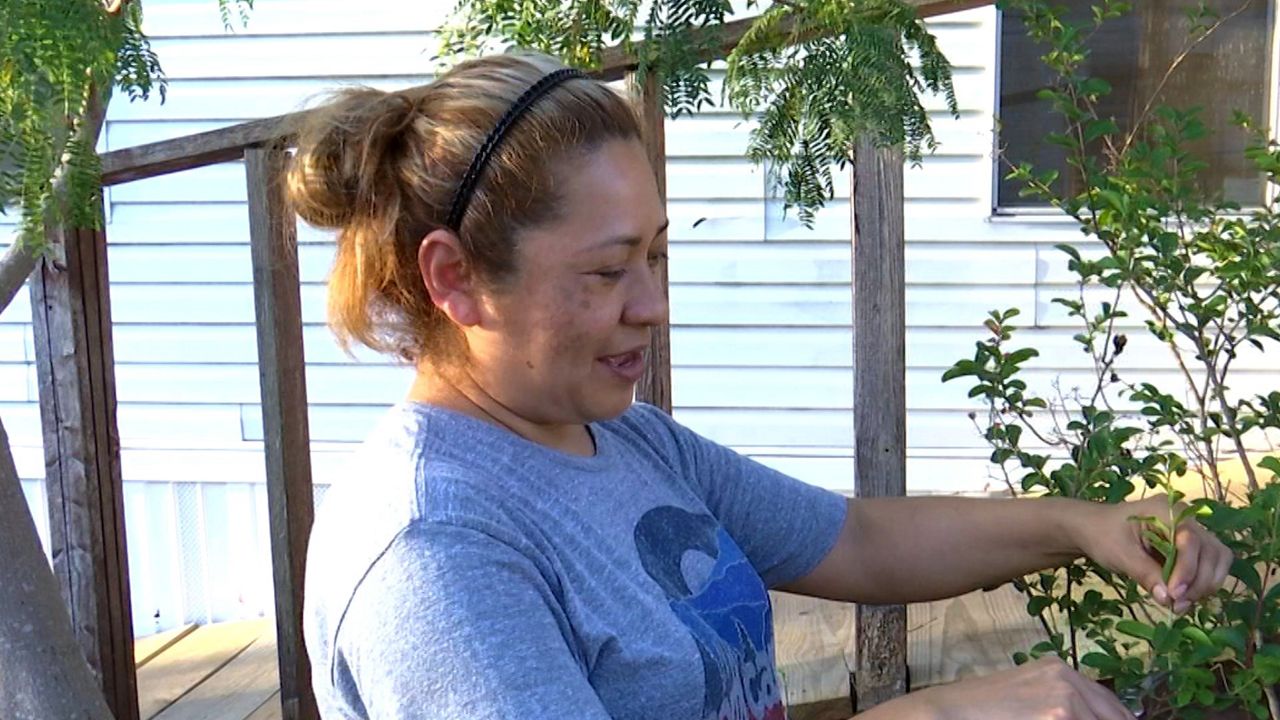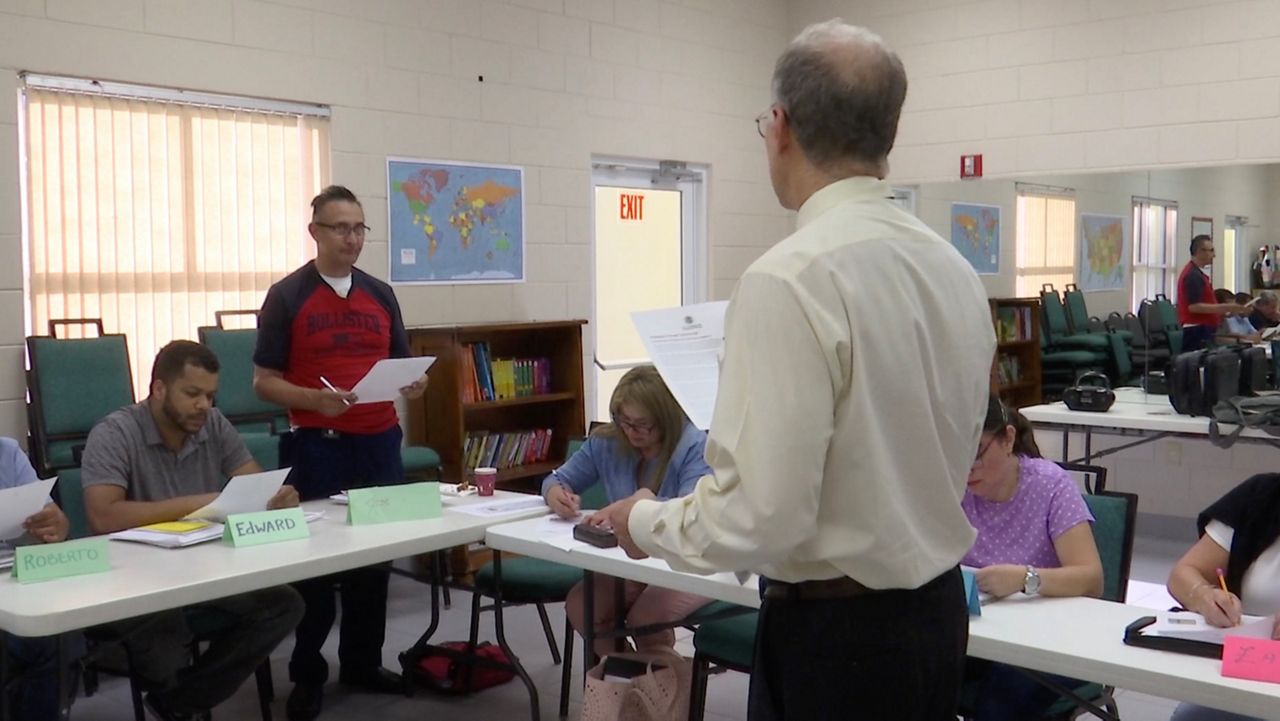ORLANDO, Fla. -- A recent report by an immigration rights organization found that Immigration and Customs Enforcement officials can directly access DACA recipient information, despite guidelines stating that information should only be shared when the person poses a security threat or has been ordered to appear before a judge.
- Internal emails show ICE, USCIS share information about DACA recipients
- ICE spokesperson says it's "highly unlikely that would be the case"
- Immigration lawyer: DACA recipient has right to fight deportation case
Internal federal emails between Gene Hamilton, then-senior counselor to the Department of Homeland Security, and former DHS spokesman Jonathan Hoffman were obtained by the group Make the Road to New York through a Freedom of Information Act request.
In one of the emails, Hamilton wrote: “USCIS and ICE already share information about DACA beneficiaries. There’s no way to stop that.”
An ICE spokesperson disputed his claim, saying, “It’s highly unlikely that would be the case. Aliens granted deferred action under DACA continue to have deferred action from removal.”
U.S. Citizenship and Immigration Services is the agency managing and overseeing the program. In a statement, a USCIS spokesperson said, “The information sharing policy governing DACA information remains unchanged under the previous administration.”
The USCIS guidelines state that ICE, or any other national security or law enforcement agency, must submit a formal request for any information pertaining to a DACA recipient, and it may be disclosed only if the person poses a national or public security threat or has been issued a notice to appear before a judge. People whose cases are deferred pursuant to DACA will not be referred to ICE.
Maylin Rodriguez, 20, a Central Florida DACA recipient, is concerned about the sharing policy, because the information shared could pertain to family, where they lived, and where they attended school.
“It’s definitely terrifying,” Rodriguez said.
Camila Pachon, an immigration lawyer, said that even if ICE has a DACA recipient's information, it doesn’t necessarily mean federal officials will deport them if the program were to end.
“They have a right to fight their deportation case,” Pachon said.
Pachon said that while it is a valid concern that ICE could deport anyone living with a DACA recipient who is also undocumented, there's also a more practical reason it wouldn't happen.
“Even if the current administration wanted to do that, there’s not enough ICE agents, there are not enough resources,” Pachon said.
Rodriguez said she will focus on her studies and plans to become an immigration lawyer to help other immigrant families in the future. She graduated from Daytona State College in Daytona Beach and will attend University of South Florida in the fall.
The U.S. Supreme Court will decide the fate of DACA in the coming weeks.







